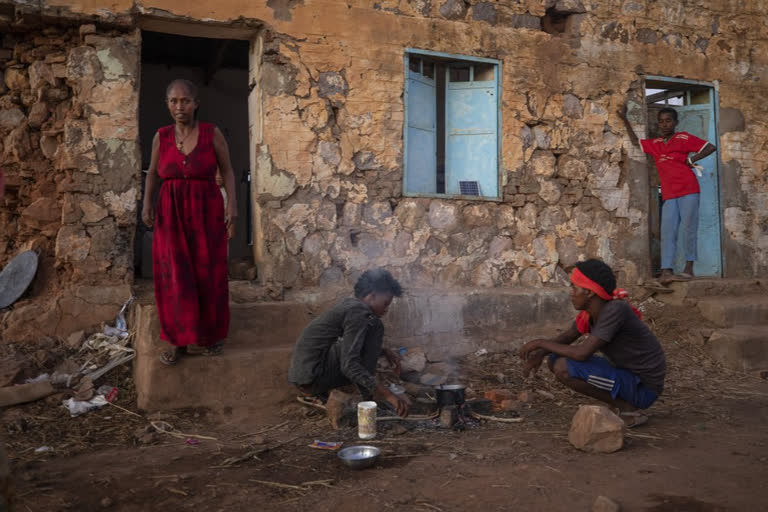Nairobi: Ethiopia’s government is rejecting calls for independent investigations into the deadly conflict in its Tigray region, saying it “doesn’t need a babysitter.”
Senior government official Redwan Hussein told reporters on Tuesday evening that Ethiopia will invite others for assistance only if it feels that “it failed to investigate.” To assume the government can’t carry out such probes “is belittling the government,” he said.
Frustration is growing as the northern Tigray region remains largely cut off from the outside world, with food and medicines desperately needed by the population of 6 million — some 1 million of them now thought to be displaced.
The lack of transparency, as most communications and transport links remain severed, has complicated efforts to verify the warring side’s claims.
Read:|Ethiopia leader rejects 'interference' in Tigray fighting
It also hurts efforts to understand the extent of atrocities that have been committed since Prime Minister Abiy Ahmed on Nov. 4 announced that fighting had begun with the TPLF, which dominated Ethiopia’s government and military for nearly three decades before he came to power and sidelined it.
Each government now regards the other as illegal, as the TPLF objects to the postponement of national elections until next year because of the COVID-19 pandemic and sees Abiy’s mandate as expired.
Ethiopia’s government has pushed back against what it calls outside “interference,” from efforts at dialogue to delivering aid, drawing on its history as the rare African country never colonized, a source of deep national pride.
The government has made it clear it wants to manage aid delivery, and on Tuesday it said its forces had shot at and detained U.N. staffers who allegedly broke through checkpoints while trying to reach areas where “they were not supposed to go.”
The sporadic shooting remains in Tigray and humanitarian assistance must be escorted by defence forces, Redwan said.
